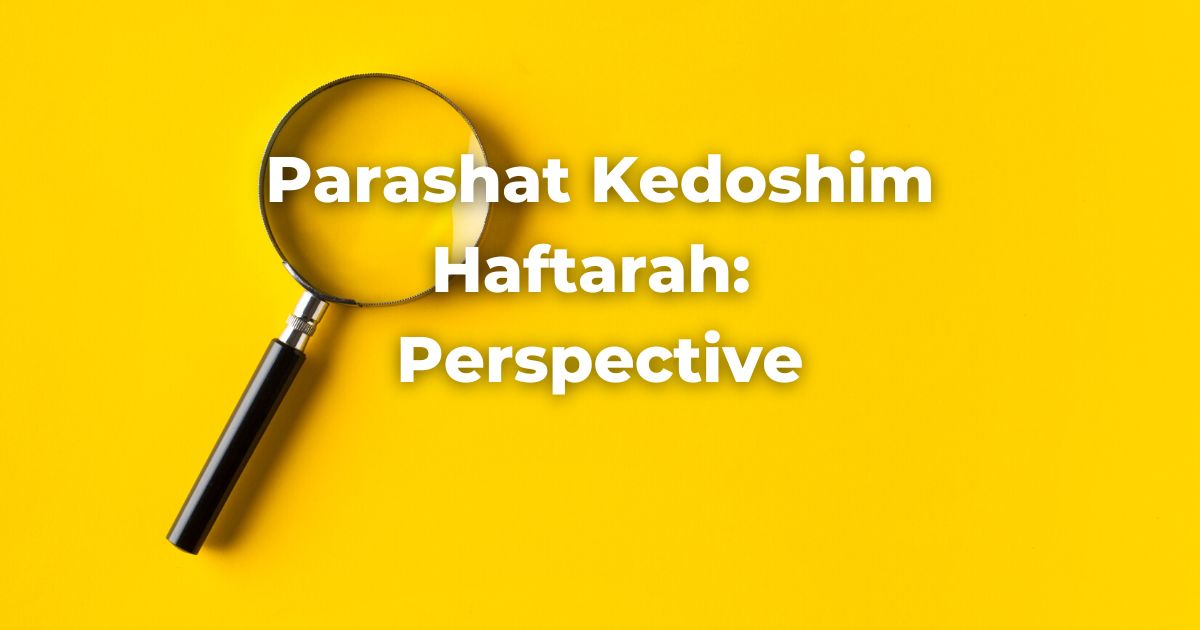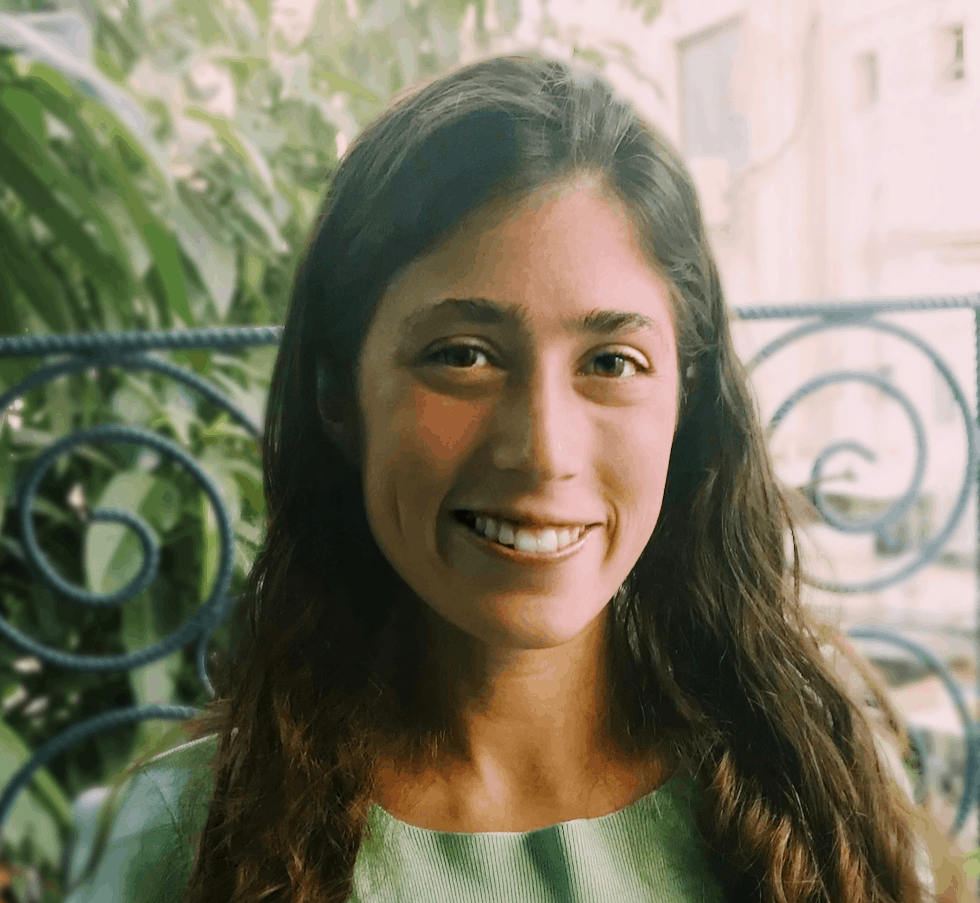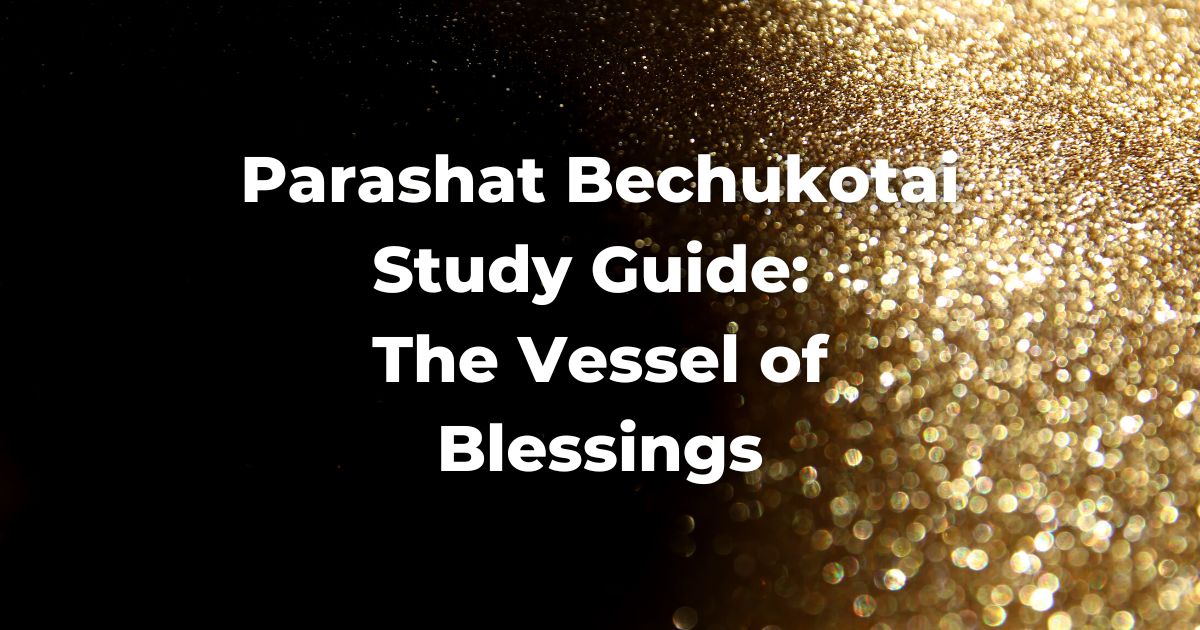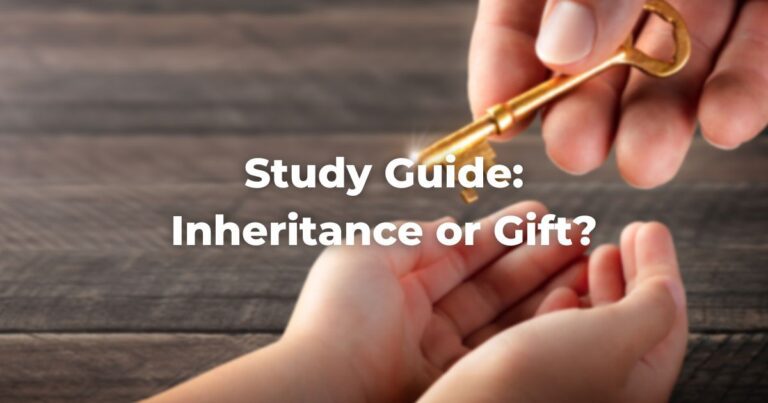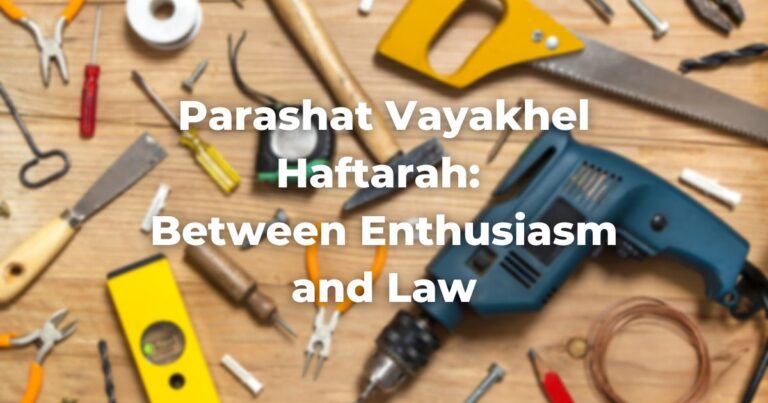Our haftarah starts bold and bloody. We read, “The eye of the Lord God is upon the sinning kingdom. And I will destroy it from the face of the earth (Amos 9:8).”
You don’t want to mess with God.
We were reminded just a few verses earlier that this is God, the Lord God of Armies, at whose touch the earth melts causing all who dwell on the earth to mourn. God calls to the waters of the sea and God pours them upon the face of the earth.
As Ibn Ezra notes, this is what happened to the generation of the flood during the days of Noah. However, we received a promise then. God made a covenant not just with all of humanity, but also with every living being from the birds to the beasts that God would never again cut off all flesh with a flood, there would never be another flood to destroy the earth.
And yet, we find ourselves in the Book of Amos, thousands of years later in the Kingdom of Israel in the eighth century BCE and God seems to be threatening us again with that very same sort of disaster, something that can make the earth melt.
During the time of Amos, something like this actually did occur. There was a terrible, life-altering, destructive earthquake. The Book of Amos finds itself in the tricky position of needing to explain the earthquake.
Why would God do this to us? Hadn’t God promised not to destroy the earth again?
Amos offers two perspectives.
The first is that, although we deserve such a punishment, God did not in fact wipe out the world again. The opening verse of the haftarah continues, “But no, I will not totally destroy the House of Jacob (Amos 9:8).”
God’s promise against total destruction after the flood is reinterpreted here. God may destroy most of humanity but God is bound by God’s covenant to Israel. The worst punishment God can bring against us is only almost total destruction—a few of us, a remnant of Israel, must survive. God can’t destroy all of humanity because there must always be a bit of Israel that survives.
The second explanation that Amos offers is much less grim. The Book of Amos closes with a promise of good, stable, times for Israel. As Robert Alter translates Amos 9:13, “Look, days are coming” said the LORD, “when the plowman shall overtake the reaper and the treader of grapes the sower of seed. And the mountains shall drip fermented juice, and all the hills shall melt.” The flood imagery and the trembling earth imagery are still present in this verse. However, the flood here is an abundance of wine from an incredibly productive harvest.
The destructive melting of the earth that God caused by God’s touch in verse 5 is transformed here into a beautiful image of lots of wine to go around. These images hearken back to the Noah story as well. After the flood, Noah plants a vineyard, drinks the wine, and becomes drunk. His youngest son’s actions in response led to all sorts of trouble.
But here, in our haftarah, we are given the vineyards as a blessing. God will restore us—we will “plant vineyards and drink wine, make gardens and eat their fruit,” such that we will never again be uprooted from our land. With a change in perspective and a glass of wine, Amos gives us hope after a cataclysmic disaster.
See more: Parashat Kedoshim
Originally posted as part of the Conservative Yeshiva at the Fuchsberg Jerusalem Center’s Torah Sparks. Support TorahRefers to the first five books of the Hebrew Bible, the Tanakh, also called the Five Books of Moses, Pentateuch or the Hebrew equivalent, Humash. This is also called the Written Torah. The term may also refer to teachings that expound on Jewish tradition. Read more learning from the Fuchsberg Jerusalem Center/Conservative Yeshiva for leaders and seekers around the world here.
Authors
-

Bex Stern Rosenblatt is the Conservative Yeshiva’s Faculty-in-Residence for the Mid-Atlantic Region of the United States, teaching Tanach, using the techniques of close-reading, theater, feminist readings, and traditional commentators. Bex also directs the CY’s recruitment efforts in North America. After finishing her B.A. in History and German at Williams College, Bex received a Fulbright Grant to Austria. She later earned an M.A. in TanakhAn acronym for the name of the Hebrew Bible: Torah, Neviim, and Ketuvim. Read more from Bar Ilan University and has also studied at the Conservative Yeshiva and Bina Jerusalem. Bex is the founder of HavrutaA study partner. A hevruta is more than just a ‘study buddy’ it is a serious and personal relationship between colleagues. Also spelled: Havruta Read more Tel Aviv, an organization that facilitates guided pair-learning of the Tanakh.
View all posts -



The Fuchsberg Jerusalem Center (FJC) is a home in the heart of Jerusalem where leaders and seekers can find an authentic place in Jewish tradition to call their own. FJC offers opportunities to study, pray and explore within an egalitarian and inclusive setting, creating multiple pathways for finding personal and communal meaning.
View all posts

